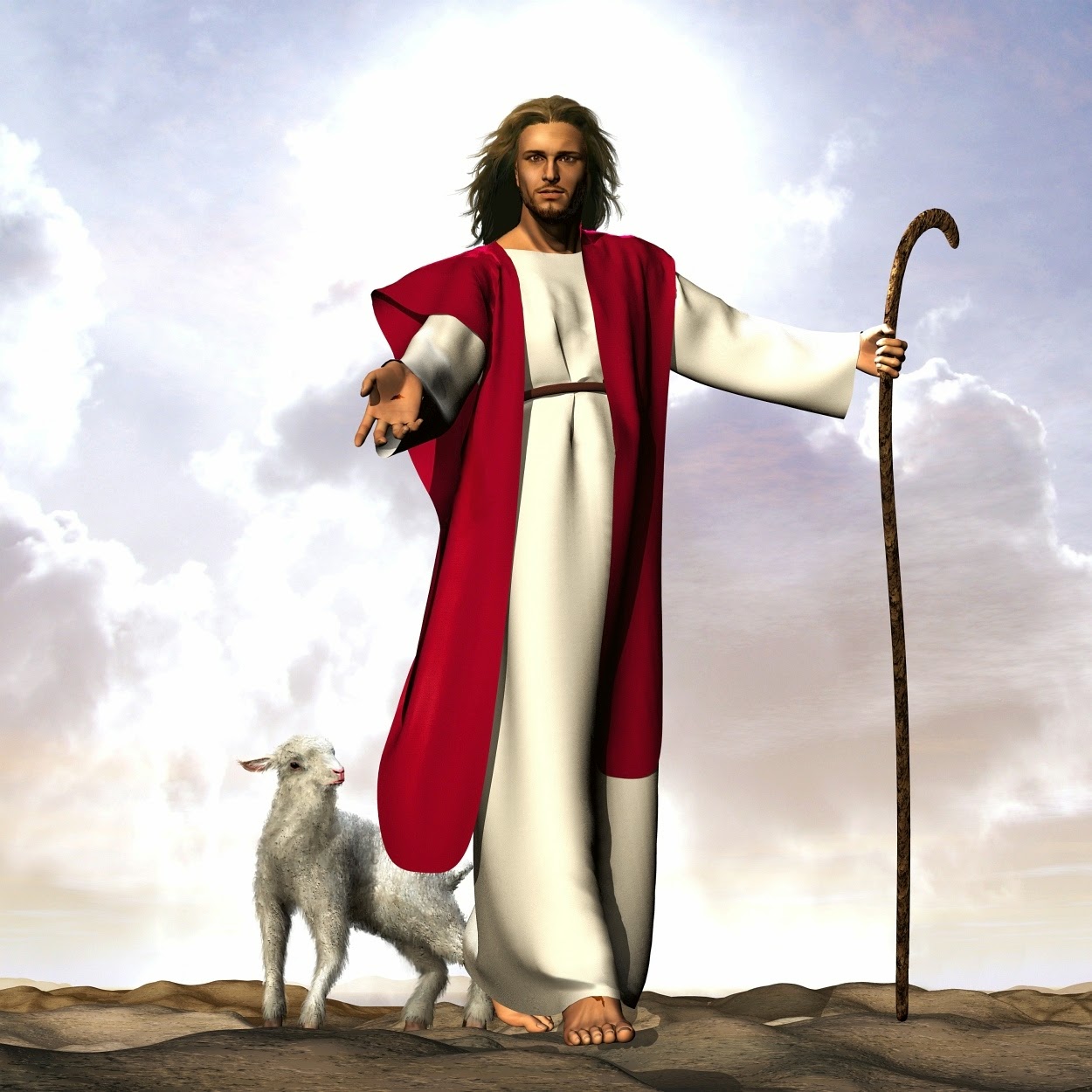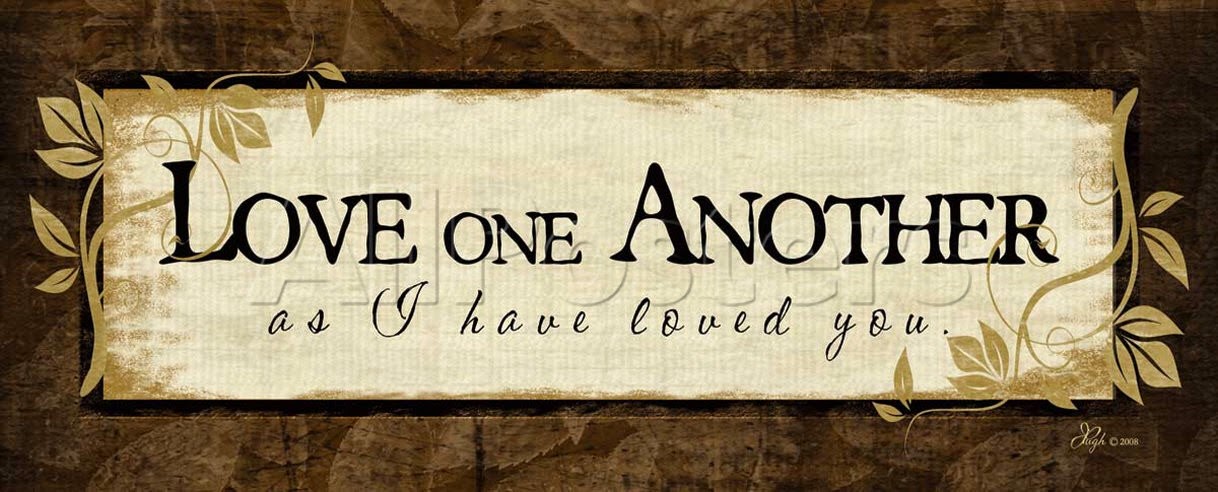Acts 4: 8-12 + 1 John 3: 1-2 + John 10: 11-18
Click here to listen to this homily
Delivered at Holy Spirit Catholic Church in Mustang, Oklahoma
I do not know about you, but I have never met a shepherd. So, to better understand this image of Jesus as the “Good Shepherd”, I decided to do some research.
After all, shepherds play an important role throughout salvation history: One of Adam’s sons, Abel, is a shepherd; the most famous king of Israel, David, is a shepherd. When the Son of God is born in Bethlehem, the first ones to receive
this great good news that a Savior is born—shepherds tending their flock.
In my research, I came up with the following job description for a shepherd.
Shepherds protect sheep from wolves and other wild animals. They seek out and find the lost sheep. Shepherds lead the sheep to green pastures and running water. In other words, they provide food and drink for the flock.
Finally, a shepherd lives with his sheep. He will not leave them, but will stay by their side in good and bad times, when the sun is shining and when it is raining, when it’s hot and when its bitterly cold. A shepherd even sings to his sheep to assure them of his presence with them, and to teach them to recognize his voice.
So, when Jesus says he is the Good Shepherd, then we know He will not leave us, his sheep. That he will be with us always, even to the end of the world. He will be with us through good times and bad times, by the gift of His Spirit and in a unique and powerful way through the Eucharist.
As the Good Shepherd, the Risen Jesus becomes our food and drink. He feeds us with the great gift of His Body and Blood, giving himself to us to feed our hunger for God, to quench our thirst for the divine. As the Good Shepherd, Jesus seeks out and finds the lost sheep. He will not rest until he does so. Whenever we are lost in the darkness of doubt or despair, he finds us there,
and becomes the light for our path. Whenever tears of sorrow or pain cloud our vision and we cannot find our way, he finds us and becomes the Way to joy and peace. He also lives forever, and pleads for us at the right hand of the Father. He prays for us! The Good Shepherd knows each of us by name and knows exactly what we need. How does the Good Shepherd protect us? He dies so that his friends might live. Remember how he shields his first followers from suffering the same fate as he. In John’s Gospel, when the soldiers come in the dark of night to arrest him, he orders them to free his disciples. “If you are looking for me, let these men go.” Later that same night, as he is being brutally interrogated by Annas, the high priest, who wants to know about his disciples, he will not give them up. Finally, while dying on the cross, he gives his mother to his beloved disciple that she might be protected from harm and cared for.
“Woman, behold your son.” To his beloved disciple: “Behold your mother.”
As the Good Shepherd, Jesus destroys the big, bad wolf called “death” and restores life. The wood of the cross becomes his shepherd’s staff which he uses to fight off the devil, to protect us from the power of evil. As the Good Shepherd, Jesus lays down his life on the cross; he dies so we can follow him through the jaws of death into the fullness of resurrected life. He leads and we follow him to the always green pastures of the heavenly kingdom.
Five times in today’s Gospel passage, Jesus states he will “lay down his life.”
The Good Shepherd does not take away death, but transforms it by laying down his life and thus makes death a doorway into new life.
At the center of every celebration of the Mass is this saving offering of Christ
which we remember and by remembering make present. He freely chooses to lay down his life for us because he loves and desires to save us.
The Good Shepherd, Jesus the Christ, lives every day at our side, to protect and strengthen us, to lead us daily by the waters of peace, to free us from the danger of self-centeredness and other sins that drain the very life out of us. Jesus gives himself totally and completely to us out of love, holding nothing back, so we might have the strength to give ourselves away in love of others. Jesus lays down his life, so we might have the power, in Him, to lay down our lives in loving service of others.
So we might say to others by our lives poured out in love, “I will be there for you.” “In good times and bad times, in joy and in sorrow, I will be there.” To protect, to nourish, and to guide. To be a good shepherd….
Father Joseph A. Jacobi






